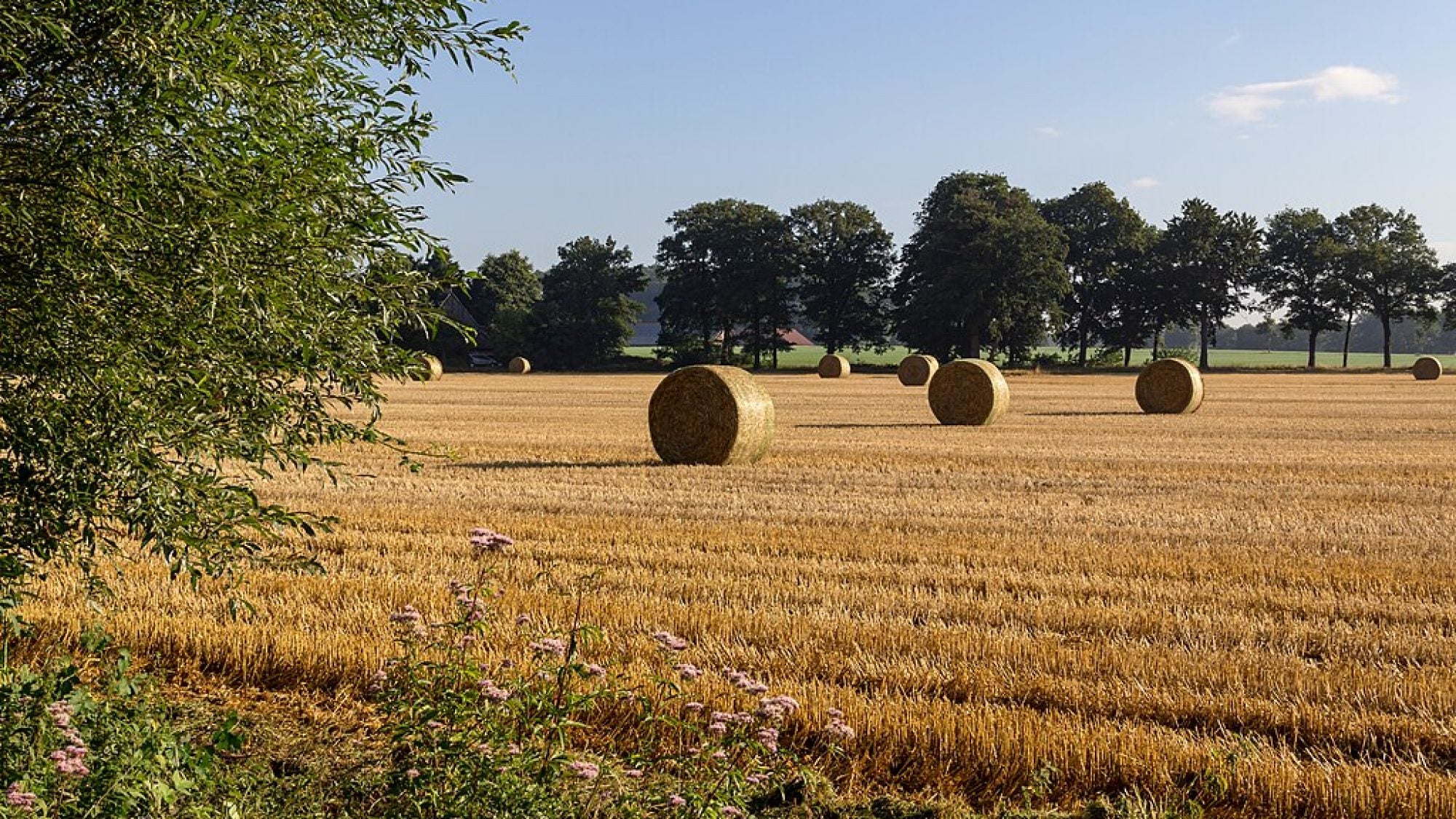Although issues of land, agricultural commodities, trade, pricing, productivity, patents, and farm subsidies are central to international negotiations, the agriculturist continues to be absent from decision-making regarding such matters. International agriculture-related transactions are dominated by players such as agribusiness multinationals, state representatives from developed countries, and a coterie of compromised scientist-administrators, while agriculturists are overlooked. Decision makers blindly support agribusiness agendas and deploy deep and extant forms of violence against rural and agrarian terrains. The end result is the pro- duction of multiple crises such as food scarcity, rural exoduses, abandonment of agriculture, and neglect and decimation of agriculturists. If such depredations are to be avoided, agriculturists across nations must be recognized as citizens with rights equal to those of urban, industrial citizens. Their contributions must be factored into all decisions which affect their lives, livelihoods, and futures.
The food crisis in Africa, impending food scarcity in large parts of the developing world, and epidemic of suicides by Indian agriculturists are typically associated with corruption, migration, and extant conditions of poverty. While much of this is true, there are deeper structural factors that cause widespread distress in agricultural sectors. New regimes of laws and regulations—promulgated by national and international agencies— value market rights, dominant states’ interests, corporate competitiveness, and investor profitability over agriculturists’ rights. Policies pertaining to agricultural production, marketing, trade, and patents should accord agriculturists their rightful voice.
This essay provides a sketch of the various ways in which policies regarding trade, development, expansion, and international philanthropy related to agriculture bypass agriculturists. Such neglect accounts for continued crises in various parts of the world and renders international aid redundant. (purchase article…)
A.R. Vasavi was until recently a Professor of Social Anthropology at the National Institute of Advanced Studies, Bangalore, India. She is currently a Senior Fellow of the Nehru Memorial Museum and Library, New Delhi. Her books on rural India are: Harbingers of Rain: Land and Life in South India, and the more recent Shadow Space: Suicides and the Predicament of Rural India, which forms the basis for this article.
Image Credit: Dietmar Rabich / Wikimedia Commons / “Dülmen, Umland — 2013 — 2031” / CC BY-SA 4.0For print products: Dietmar Rabich / https://commons.wikimedia.org/wiki/File:D%C3%BClmen,_Umland_–_2013_–_2031.jpg / https://creativecommons.org/licenses/by-sa/4.0/
This is an archived article. While every effort is made to conserve hyperlinks and information, GJIA’s archived content sources online content between 2011 – 2019 which may no longer be accessible or correct.

